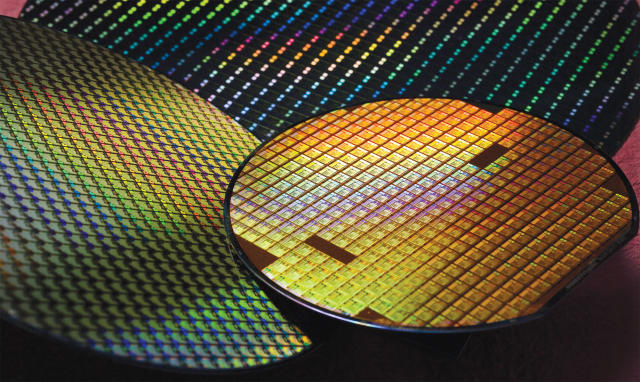©2021 Reporters Post24. All Rights Reserved.
Researchers from St. Petersburg Polytechnic University (SPbPU) have developed a domestic lithographic complex for mask-less chip production using etching, an important towards Russia’s microelectronics self-sufficiency, reports CNews, citing state-owned RIA Novosti. One of the tools costs five million rubles ($49.5 thousand), the price of a modern car, and the cost of another is unknown.
The complex consists of two tools. The first device is designed for “maskless nanolithography,” it projects images onto substrates without a mask. The second tool, which builds on the substrate patterns made by the first, is responsible for forming nanostructures using etching. Furthermore, this installation can craft silicon membranes for applications such as ship overpressure sensors. Notably, these membranes are touted to be more reliable and sensitive than those produced by other methods.
Russia’s advancements in microelectronics come amidst its broader struggle to keep pace with global chip-making standards. Currently, the nation is limited to a 65nm process technology in chip production. Global standards, meanwhile, have already scaled down to a 3nm process. Another noteworthy endeavor is by the Nizhny Novgorod Institute of Applied Physics (IAP RAS), which aims to pioneer a lithograph capable of 7 nm chip production, albeit not until 2028. Adding to the momentum, the Ministry of Industry and Trade has invested 1.1 billion rubles in developing lithographic materials specific to microelectronics.
Beyond making chips or silicon membranes, these two installations can significantly benefit other industries. For instance, they can increase the lifespan of radar equipment by over 20 times. In the realm of green energy, these tools can miniaturize solar panels, making them lighter and enhancing their efficiency.
The developers have grand visions for their invention. They are considering incorporating artificial intelligence into both machines to amplify their capabilities. However, it remains unclear if Russian chip manufacturers have expressed interest in these devices, and there’s no timeline for when the tools will be deployed in real-world production.


